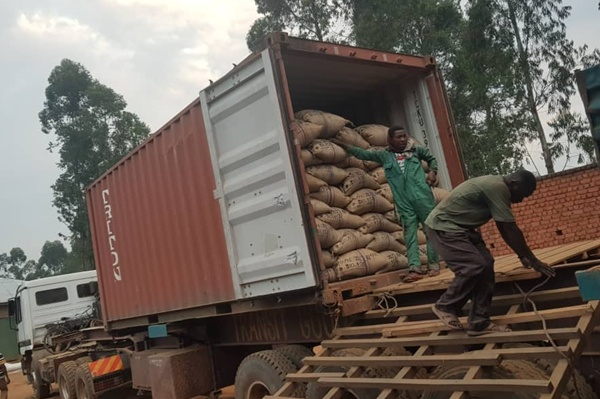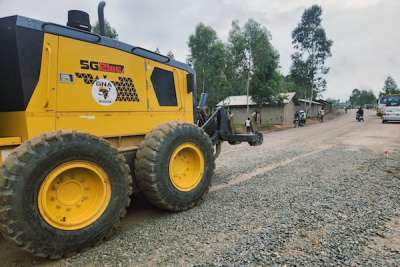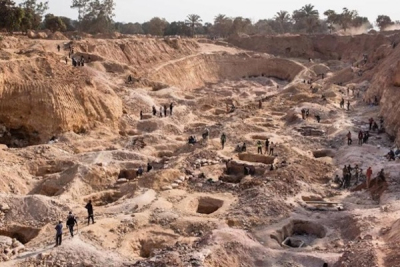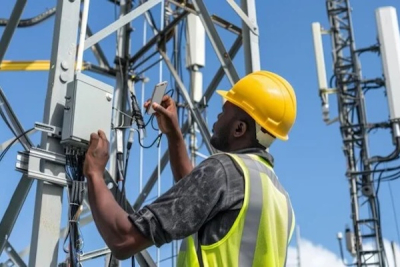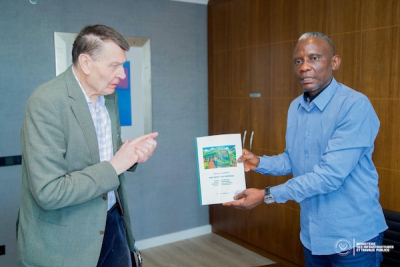In North Kivu, road congestion is a major barrier to shipping coffee and cocoa. Speaking during the October 1 celebration of International Coffee and Cocoa Day, Serge Kwiratwiwe, coordinator of the region's exporters' association, highlighted the numerous checkpoints along main roads. These checkpoints create opportunities for sector players to pay extra fees, significantly increasing their operational costs.
"It's impossible to travel 50 km without encountering at least four barriers, and at each one, you must pay a lot of money. For example, in Uganda, it costs $80 per ton to transport goods from Mpondwe to Mombasa, whereas in the DRC, the cost is $200 to $220," Kwiratwiwe pointed out.
According to the coordinator, the growing number of barriers adds to existing issues like poor agricultural roads, high transport costs, and lack of traceability. As coffee and cocoa prices reach record levels globally, observers note that the industry's success will depend on overcoming both non-tariff barriers and ongoing theft from plantations.
On September 20, the provincial government issued a decree prohibiting the sale and purchase of cocoa outside certified sites and only by registered planters. This aims to make the sector safer and improve traceability.
Robusta coffee is the DRC's main export, making up over 70% of total bean production.
EO






